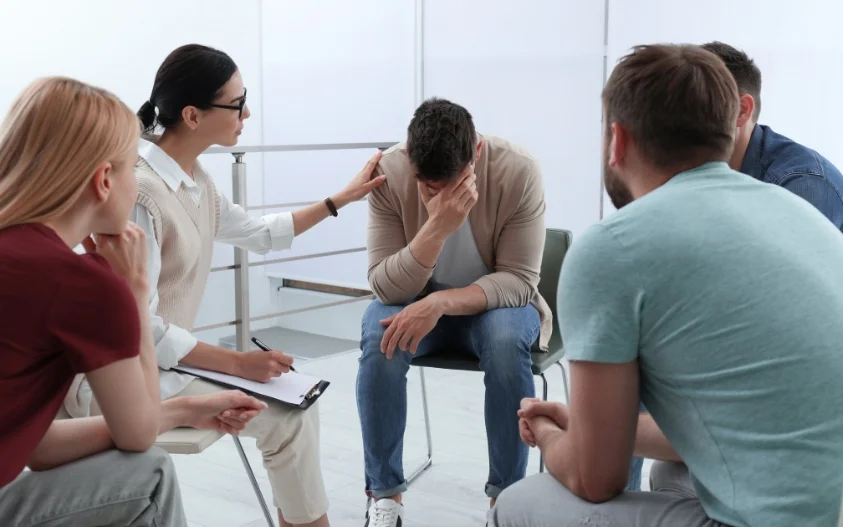24/7 Helpline:
(866) 899-111424/7 Helpline:
(866) 899-1114
Learn more about Residential Rehab centers in Pleasant View

Other Insurance Options

American Behavioral

Covered California

ComPsych

Horizon Healthcare Service

Lucent

Meritain

Self-pay options

Absolute Total Care

Kaiser Permanente

EmblemHealth

MVP Healthcare

BHS | Behavioral Health Systems

WellCare Health Plans

Group Health Incorporated

Health Net

Private insurance
Beacon

Medical Mutual of Ohio

Providence

Coventry Health Care








The Recovery Center
The Recovery Center is a non-profit rehab located in Cortez, Colorado. The Recovery Center specializ...

1st Alliance Treatment Services
1st Alliance Treatment Services is located in Cortez, Colorado. 1st Alliance Treatment Services prov...

Misfit Addiction Counseling
Misfit Addiction Counseling is a public rehab located in Cortez, Colorado. Misfit Addiction Counseli...







































